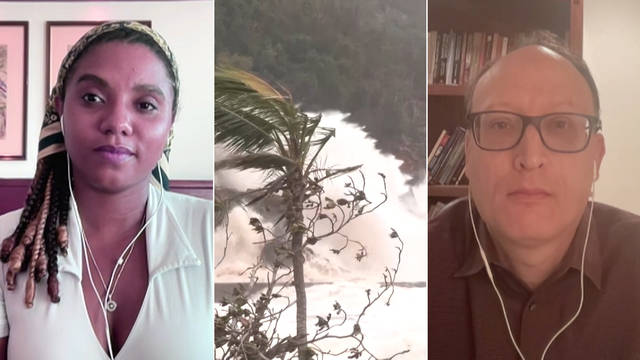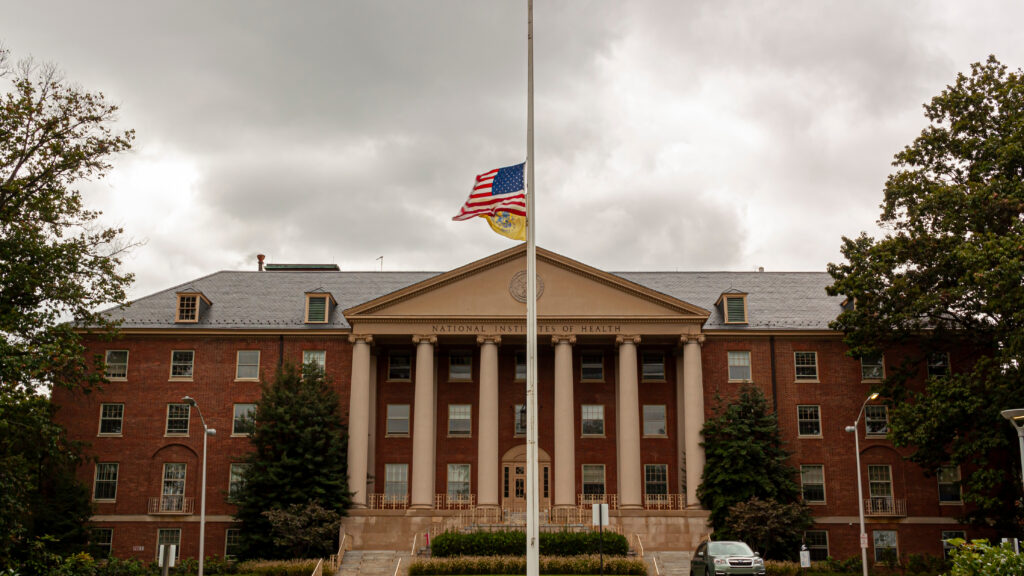Copyright euroweeklynews

One year has passed since the devastating DANA floods tore through communities across the Valencia region, claiming lives, destroying homes, and sweeping away livelihoods. Yet for many of those affected, the most striking part of the tragedy is not the disaster itself, but what followed, or rather, what did not. Survivors and local mayors across the region have repeatedly highlighted the failures of the emergency warning system, the slow mobilisation of state assistance, and an ongoing compensation process that has left hundreds still financially stranded. Today, as the first anniversary approaches, many families remain in temporary accommodation, rebuilding without the help they were promised. Warnings That Came Too Late Residents received alerts only an hour before the flooding hit It is reported that the first urgent public alert to move to safety appeared on peoples mobile phones when floodwaters were already rising. For some, it came an hour or less before waters surged into homes, streets, and underpasses, far too late to move vehicles, salvage possessions, or evacuate safely. As a result, many people were caught outside trying to reach higher ground when the torrent arrived, leading to several emergency rescues and widespread panic. Local councils have since argued that the national emergency alert system should be triggered earlier and more aggressively when heavy rainfall is forecasted. Mazarrón Mayor’s Pre-Flood Alert Highlighted System Gaps Local officials warned of worsening conditions long before national response Valencia president, Carlos Mazón publicly issued a warning roughly an hour before severe flooding hit, urging residents to avoid roads, underground garages, and riverbeds. This ”early” alert became a key reference point in debates over how warning systems should be coordinated across municipalities and the state. Mazón later blamed the Spanish weather agency AEMET for not providing sufficient information and with enough time. The controversy deepened when Prime Minister Pedro Sánchez, responding to questions about central assistance at the time, stated: “If they want help, they can ask for it.” For many local leaders, this remark symbolised a disconnect between Madrid and municipalities experiencing rapidly escalating emergencies on the ground. Fatalities and Mental Health Impact At least 229 deaths in Valencia, lasting psychological trauma Tragically, the DANA floods claimed at least 229 lives in the Valencia province alone. Nearly half of the victims were over the age of 70, and the hardest-hit areas included several smaller towns as well as parts of Valencia city itself. The psychological toll has been profound. Many survivors continue to grapple with severe mental health issues, including post-traumatic stress and acute anxiety. A significant number report ongoing fear of water and flooding, and the return of rainy seasons triggers high stress and worry. Mental health support has been offered to thousands, but many residents still feel they lack sufficient long-term care to fully recover. A Year Later: Promised Support Still Missing Families are rebuilding alone while bureaucracy stalls compensation Despite government pledges of emergency relief, insurance payouts, and regional support grants, many affected households report long delays, rejected claims, incomplete damage assessments, or unresolved administrative backlogs. Many residents whose homes were destroyed are still living with relatives or renting temporary accommodation. Others continue to pay mortgages on homes that no longer exist. Businesses that closed after the floods say they have received either no aid or insufficient compensation to resume trading, leaving entire local economies weakened. To date, volunteers, local community groups, and neighbours have provided far more assistance to affected families than government agencies, delivering food, shelter, and practical support where official aid has been slow or insufficient. Who’s to Blame? Accountability a Year On Examining failures at every level of response Responsibility for the disaster’s aftermath is shared across multiple levels: National government: Slow activation of emergency alerts, fragmented coordination, and delayed financial aid left residents without timely protection. Regional authorities: Valencia’s regional government has been criticised for insufficient preparedness, delayed deployment of emergency resources, and reliance on insurance systems that exclude vulnerable households. Local municipalities: Some towns lacked sufficient flood-preparedness plans, evacuation routes, and infrastructure maintenance, even though a few acted quickly to warn residents. Urban planning and infrastructure: Flooding in areas previously considered low-risk revealed decades of inadequate drainage, river management, and risk assessment, contributing directly to the scale of destruction. Survivors and advocacy groups argue that all levels of government must be held accountable, both for immediate failures and long-term neglect of infrastructure and emergency readiness, to prevent a repeat disaster of this magnitude. Mobile alerts arrived too late, leaving many residents without time to evacuate or protect their property. Hundreds of families remain without adequate compensation, with some still displaced from their homes. Small businesses have struggled to reopen, deepening economic damage long after the floodwaters receded. At least 229 deaths in Valencia, disproportionately affecting older residents. Mental health consequences are severe, with trauma and anxiety affecting many survivors. Flooding occurred in areas previously considered low-risk, highlighting urgent need for updated infrastructure and urban planning. Calls for Reform and Accountability Survivors and mayors demand a faster, clearer system before the next extreme weather event Local councils, particularly in coastal and river-adjacent towns, are calling for a standardised, faster-triggering emergency alert protocol, as well as investment in drainage systems and infrastructure upgrades to withstand future storms. Experts warn that extreme weather events like the Valencia Dana floods are becoming more frequent and intense in the Mediterranean. On the anniversary, public gatherings, memorials, and community forums are planned throughout the region. Many survivors say they will attend not only to remember what was lost but to demand that lessons learned from lives and homes destroyed are not forgotten. Until compensation is delivered, reconstruction is supported, and emergency systems are strengthened, for those who lived through the flood, the disaster is not over, it is ongoing.



